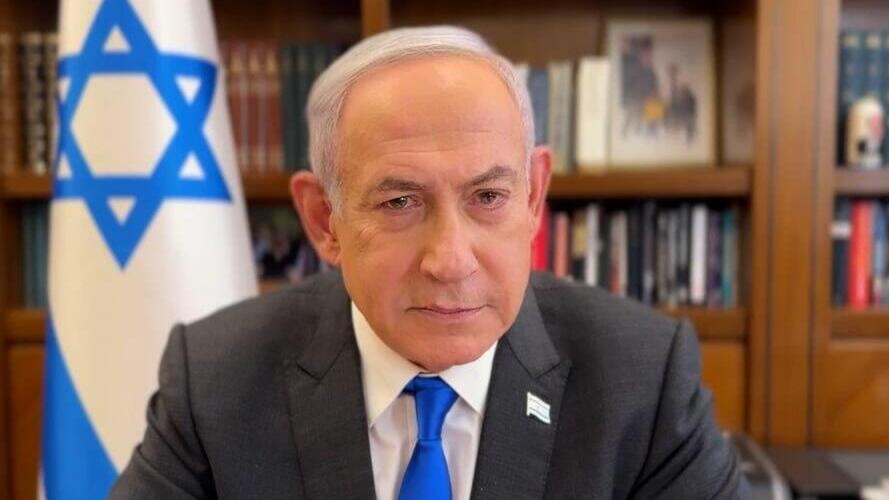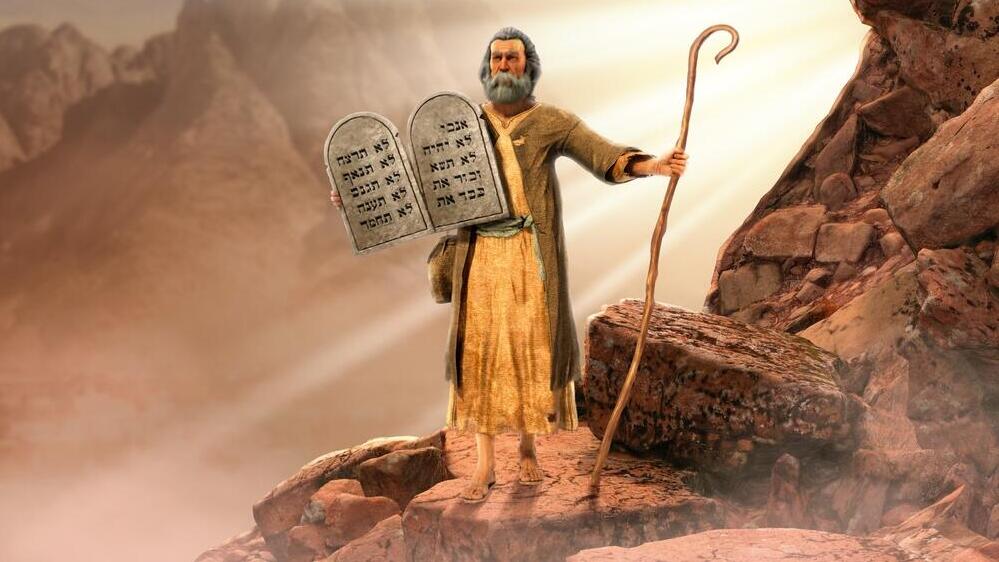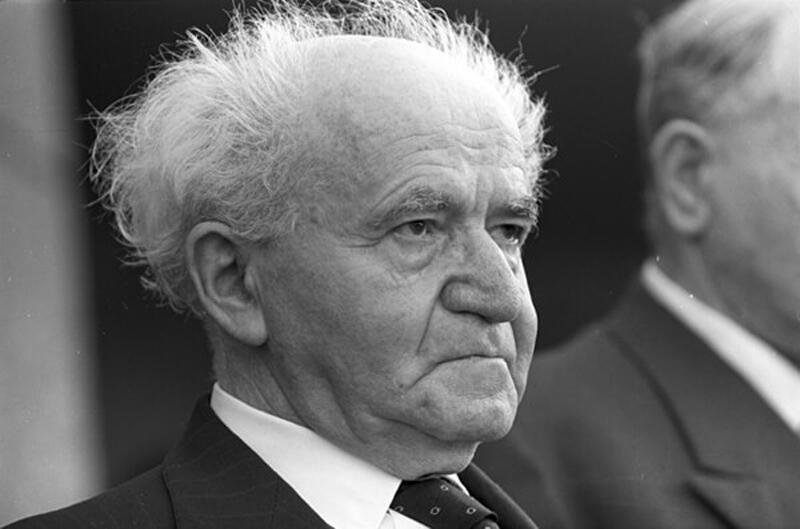Getting your Trinity Audio player ready...
While listening to the dramatic speech by Yoav Gallant, in which the defense minister called on Prime Minister Benjamin Netanyahu to avoid political and personal considerations (interpretation: don't send soldiers into battle to hold onto power, don't allow the coalition's needs to harm Israel), I remembered that during her brief term as information minister, Galit Distal Atbaryan referred to Netanyahu as "the father of the nation."
Other than in very specific regimes, the term is generally used for the actual founder of a nation or a country. Who then is our father? It Depends on when the counting begins.
The early option is Abraham. He haggled with no less than the Lord Almighty, who intended to destroy Sodom and Gomorra. In asking, "Will you sweep away the righteous with the wicked?" he stood up against "Sodom must be flattened," and demanded assurances that innocents would not become collateral damage.
Surprised in his desert tent by visitors, he didn't entertain them in the local equivalent of the prestigious Waldorf Astoria, like lone soldiers during the recent Passover seder, and didn't skimp and save, but instructed his wife Sara to prepare the best their home had to offer. After she died, he refused an offer by Ephron the Hittite to provide him with a free burial plot – Abraham understood that gifts have strings attached, and insisted on paying in full.
Other than introducing humankind to monotheism, perhaps the chief lesson to be learned from Abraham's tales is the value of each human life. "Do not lay your hands on the boy" the angel told him, as he was about to lower the knife onto Isaac's neck. Sometimes there is no choice, but certainly not when the purpose is to satisfy another. If this is true regarding the Creator, how much more so to answer the demands of coalition partners?
Some would say it is Moses who turned us into a nation. He was heavy of speech and tongue - it was not his rhetorical ability that raised him to leadership and kept him there at length.
In order to provide water to thirsting wanderers, he struck the rock rather than talk to it, as ordered. As punishment, he would not enter the promised land. He accepted his failure to appeal the sentence – authority entails responsibility for all outcomes, not only for success.
Moses appointed a successor, Joshua, and kept him close so he could learn from him while also gaining the nation's trust. And so it should be, in order to avoid crises when regimes change. After Ariel Sharon had a stroke, Ehud Olmert's official standing meant that he automatically replaced him. And now? If the need arises (like when "dehydration" turned out to be a cardiac episode), the nation and its ministers await to learn who will be acting prime minister, if only for a few hours. Naftali Bennet received 30 minutes of Netanyahu's time when he replaced him as prime minister in 2021.
Perhaps David Ben Gurion is the father of the nation? He didn't look to polls, but made decisions based on their merits, even if they were harsh and unpopular. One of his first steps was the elimination of the underground movements that preceded the state – he understood that a functioning country can't have decentralized armed forces.
In Israel, as it enters its 77th year, Itamar Ben-Gvir - whom Netanyahu would not be photographed with before the elections but immediately after, entrusted with the power that government has over people - provides gun licenses according to new and loose criteria, while his spirit permeates the police and its actions.
 Tova Herzl
Tova HerzlAnd Bibi. Father of the nation? Why not King? The Book of Judges ends: "In those days there was no king in Israel; every man did what was right in his eyes." As Israel stumbles from a severe crisis to a harsher one, from a nadir into an abyss, it yearns for a leader who will lead it wisely and responsibly, for the sake of the country and its people, rather than for himself.
Tova Herzl is a former Israeli ambassador to South Africa and the Baltic countries, and served as liaison between the U.S. Congress at the Israeli Embassy in Washington.






